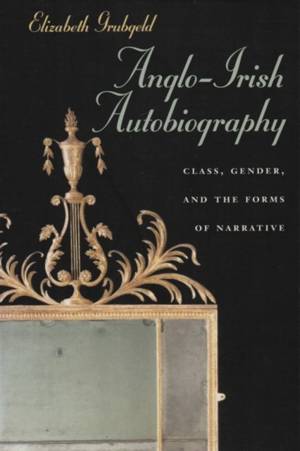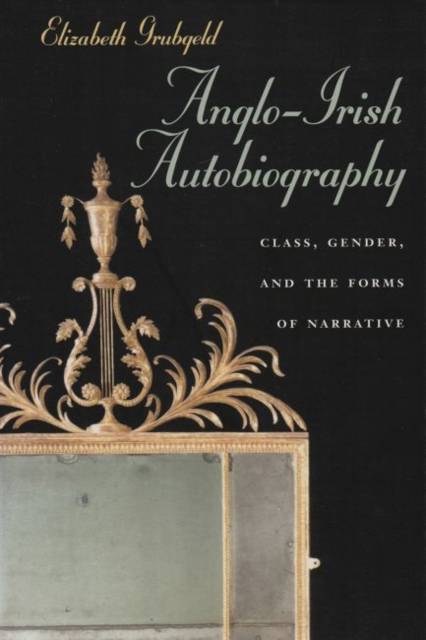
En raison d'une grêve chez bpost, votre commande pourrait être retardée. Vous avez besoin d’un livre rapidement ? Nos magasins vous accueillent à bras ouverts !
- Retrait gratuit dans votre magasin Club
- 7.000.000 titres dans notre catalogue
- Payer en toute sécurité
- Toujours un magasin près de chez vous
En raison de la grêve chez bpost, votre commande pourrait être retardée. Vous avez besoin d’un livre rapidement ? Nos magasins vous accueillent à bras ouverts !
- Retrait gratuit dans votre magasin Club
- 7.000.0000 titres dans notre catalogue
- Payer en toute sécurité
- Toujours un magasin près de chez vous
25,95 €
+ 51 points
Format
Description
As a volatile meeting point of personal and public experience, autobiography exists in a mutually influential relationship with the literature, history, private writings, and domestic practices of a society. This book illuminates the ways evolving class and gender identities interact with these inherited forms of narrative to produce the testimony of a culture confronting to its own demise.
Elizabeth Grubgeld places Irish autobiography within the ever-widening conversation about the nature of autobiographical writing and contributes to contemporary discussions regarding Irish identity. Her emphasis on women's autobiographies provides a further reexamination of gender relations in Ireland. While serving as the first critical history of its subject, this book also offers a theoretical and interpretive reading of Anglo-Irish culture that gives full attention to class, gender, and genre analysis. It examines autobiographies, letters, and diaries from the late eighteenth century through the present, with primary attention to works produced since World War I. By examining many previously neglected texts, Grubgeld both recovers lost voices and demonstrates how their work can revise our understanding of such major literary figures such as George Bernard Shaw, W. B. Yeats, John Synge, Elizabeth Bowen, and Louis MacNiece.Spécifications
Parties prenantes
- Auteur(s) :
- Editeur:
Contenu
- Nombre de pages :
- 204
- Langue:
- Anglais
- Collection :
Caractéristiques
- EAN:
- 9780815630418
- Date de parution :
- 01-03-04
- Format:
- Livre broché
- Format numérique:
- Trade paperback (VS)
- Dimensions :
- 162 mm x 223 mm
- Poids :
- 276 g

Les avis
Nous publions uniquement les avis qui respectent les conditions requises. Consultez nos conditions pour les avis.






